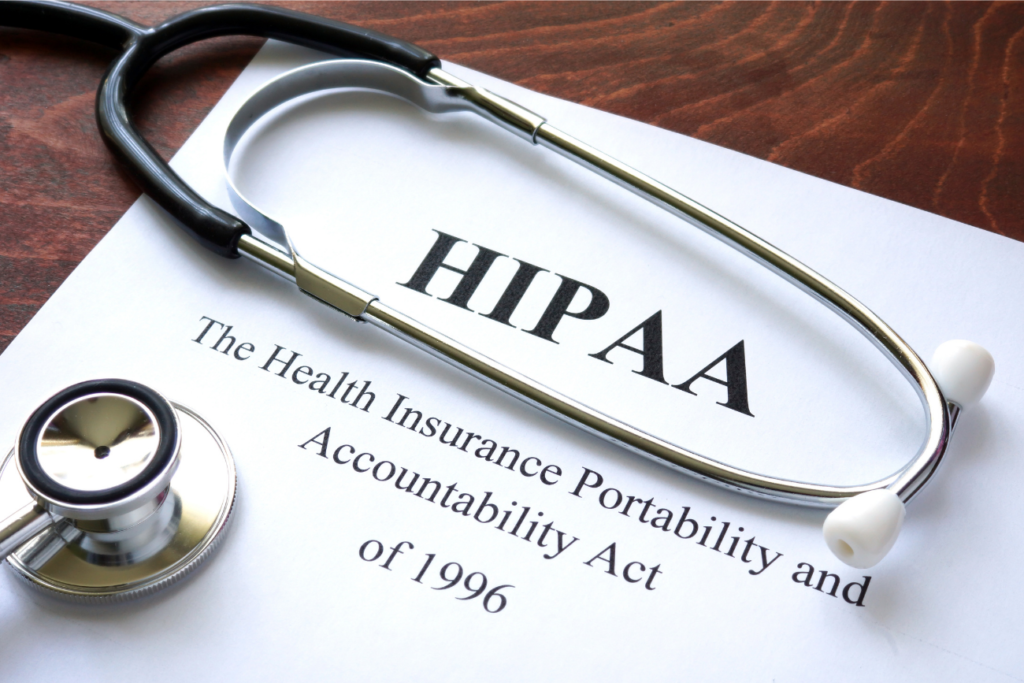Santa Clara Will and Trust Lawyer: How a HIPAA Authorization Fits into Your Estate Plan

While creating an estate plan with a Santa Clara will and trust lawyer, it’s nearly always advisable to include directives regarding medical treatment, incapacity, and end-of-life care. If you don’t outline your wishes for these particular scenarios, you may leave your family with the difficult responsibility of making these decisions for you. Worse, they may not even have the authority to make such decisions when the time comes in the absence of a legal healthcare directive.
Creating a HIPAA authorization may also be necessary to give your designated agents access to your medical records if you become incapacitated following an injury, accident, or illness.
What Is HIPAA?
A patient’s private medical information remains protected under the Health Insurance Portability and Accountability Act of 1996 (HIPAA). The law requires healthcare professionals to establish and enforce safeguards and policies to protect their patients’ information. Additionally, HIPAA laws regulate when and with whom medical providers can share a patient’s healthcare data.
If you complete and sign a HIPAA authorization form, you give your doctors authorization to release your healthcare details to specific people. You must include certain information in the HIPAA form for it to be valid. This information includes:
- The name of your doctor authorized to share your healthcare information
- The name of the person allowed to access and receive your medical details
- A description of the information you’re permitting to be shared or disclosed
- The purpose of the authorization form
- An expiration date or timeframe for the validity of the HIPAA form
- The date and your name and signature
What You Should Know About Using HIPAA During Estate Planning
It’s vital to keep these three things in mind while creating your estate plan and considering your options for HIPAA authorization:
Health Care Power of Attorney
Medical treatment directives, such as a living will and medical power of attorney (POA), permit an authorized agent to make specific healthcare decisions for someone else. Even if you established a trusted family member or friend as your medical POA, your doctors might not be willing to provide your private information if you never signed a HIPAA form.
It’s best if you include a signed HIPAA authorization that adheres to HIPAA regulations and laws along with your medical power of attorney, so your agent has the necessary details from your providers to make the appropriate decisions on your behalf.
HIPAA and Trust Agreements
When you establish a trust, you appoint a trustee (usually yourself) to oversee the trust and ensure the proper distribution of your assets. However, if you become incapacitated, someone else needs to take over the responsibility of handling your trust.
You can appoint a successor trustee by adding a clause in the trust agreement to take effect on your incapacity. Completing a valid HIPAA form allows your successor trustee to verify personal medical details to determine incapacity if it’s needed.
Discuss Your Options with a Santa Clara Will and Trust Lawyer
If you’re creating an estate plan, do not hesitate to contact a lawyer to discuss your options. A knowledgeable attorney can help ensure that the necessary HIPAA authorizations are in place so that your family, authorized agents, and others can access the medical information they need to fulfill your wishes and make appropriate decisions on your behalf. If you need help getting started, contact our Santa Clara will and trust lawyers at to schedule an appointment.






